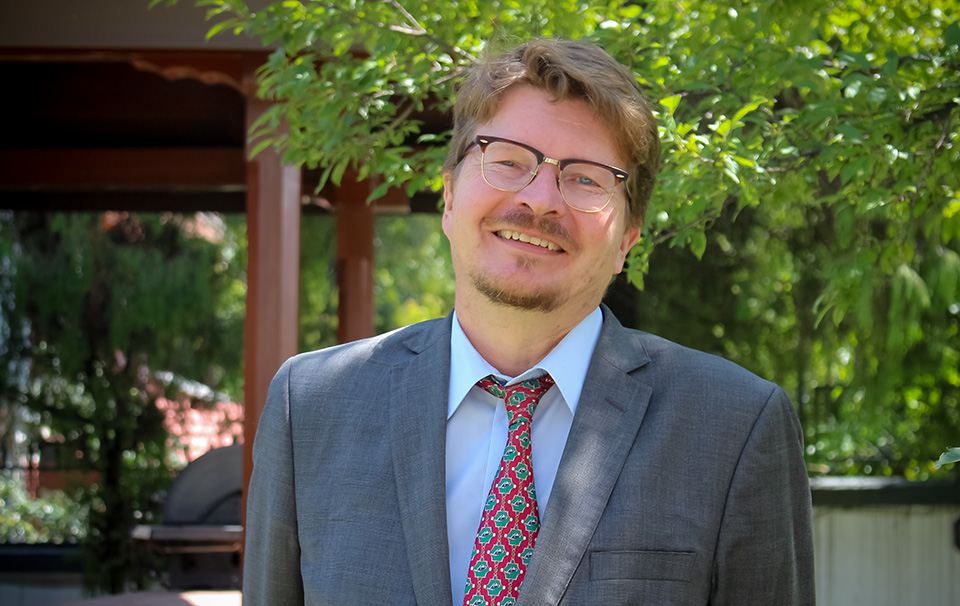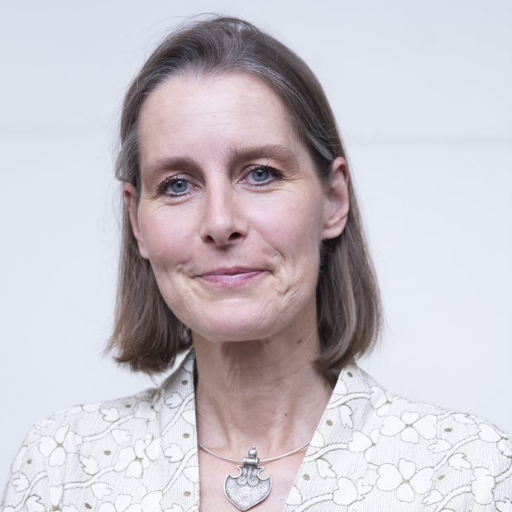Columns
Unlocking the full potential of girls
One of the critical issues hindering a girl’s ability to reach her full potential is early marriage.
Pertti Anttinen & Elke Wisch
Ujyala Kumari Sah is nothing but determined. The tenacious 16-year-old from the Ishnath Municipality, located in southern Nepal, is hearing and speech impaired. Having a disability has only fuelled her love of learning. Ujyala’s mother, Sunita Devi, says that while it can be difficult for Ujyala to communicate with her peers, she has always worked hard to keep up. Ujyala would be constantly bent over a notebook, and Sunita Devi would often have to remind her to stop and rest.
So, when schools closed last year due to the Covid-19 pandemic, Ujyala was devastated. For many months, Ujyala seemed aimless and adrift, leaving her mother worried about her mental well-being. That was when a new education initiative started to take shape in Ishnath, located in the Rautahat District. In May 2020, Rautahat was one of the districts where a Tole Sikshya or ‘community learning’ programme was piloted by UNICEF, in collaboration with World Education and the local government—as part of the partnership of UNICEF and the Government of Finland that supports children in Nepal.
Under the Tole Sikshya approach, students gather in small groups within their tole or neighbourhood and are guided through structured two-hour lessons by learning motivators from the local NGO Rural Development Centre Nepal, who are trained with World Education and UNICEF’s support. Although the sessions are intended for children from the pre-primary level up to grade three, Ujyala was also included because of her special needs.
It is necessary to unlock the full potential of girls, just like Ujyala, by enabling them to have equal opportunities and ensuring that no child is left behind. This means ensuring they can grow up in an environment where they have access to good quality and inclusive education, safe and sustainable drinking water, access to proper sanitation, and guarantee that these services are accessible even during emergencies.
The pandemic has upended the lives of children worldwide, including here in Nepal, as the unprecedented measures to combat the immediate health emergency has disproportionately affected children, especially girls—and made them the hidden victims of this pandemic.
School closures have further impacted children’s learning, socialisation and development potential. They also disproportionately affect the most vulnerable children, particularly girls. It has increased pressure on children to take up work and girls to take up caring responsibilities for siblings and sick family members because of the poor access to remote learning materials.
One of the critical issues hindering a girl’s ability to reach her full potential is child/early marriage. Child marriage violates children’s rights and places them at high risk of violence, exploitation, and abuse. It negatively influences children’s rights to education, health and protection. These consequences affect not just the girl directly but also her family and community. A girl who is married as a child is more likely to drop out of school. Secondary data analysis conducted by UNICEF demonstrates that married girls in Nepal are 14 times more likely to be out of school than their unmarried peers. Girls belonging to the poorest quintiles and living in rural areas have a lower completion rate (2016 Demographic and Health Survey).
These scenarios are further exacerbated during times of crisis and emergency, including the Covid-19 pandemic that we are currently going through. Hence, we need to urgently ensure that as schools now re-open, girls from vulnerable communities have the opportunity to go back to school and stay in school.
Efforts from the government, development partners, community organisations and families should ensure the safe return of all girls, especially from the most vulnerable communities and groups. Girls should be able to return to schools that have quality learning materials, gender-friendly toilets with hand washing stations, safe drinking water, and the opportunity to seek mental health and psychosocial counselling services. Their voices must be heard; therefore, platforms for them to speak and share their concerns in schools are fundamental.
Where safe re-opening of schools is not possible due to the Covid-19 pandemic, girls should be equally provided with access to digital technology or other alternative learning methods and the skills to navigate the digital space safely.
There is much to be done but together. As we mark the International Day of Girl Child today, let us renew our collective commitment towards the girls of Nepal. Together, we can ensure that they continue to learn, grow and strive to their full potential even during this challenging situation.




 20.57°C Kathmandu
20.57°C Kathmandu

.jpg&w=200&height=120)














